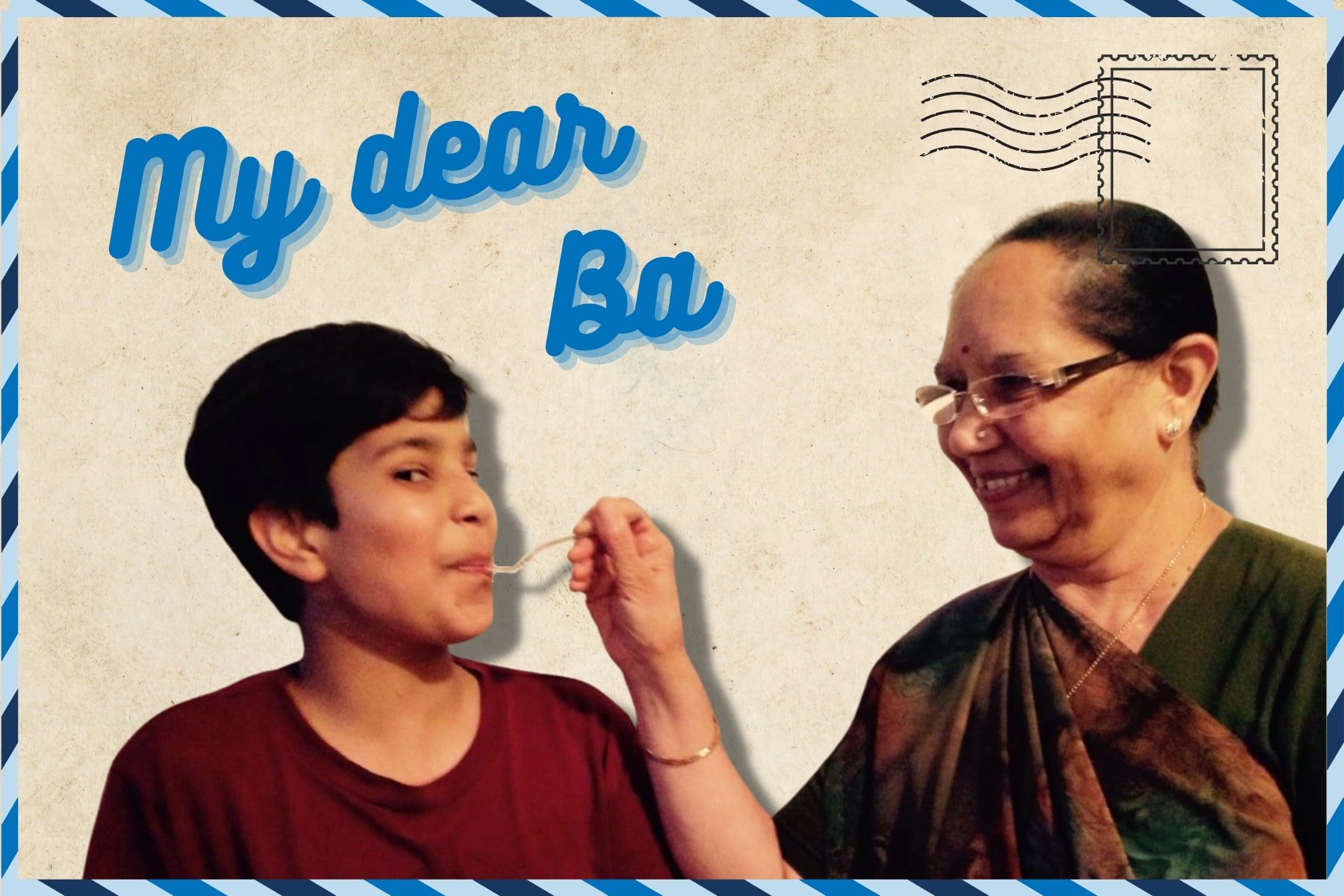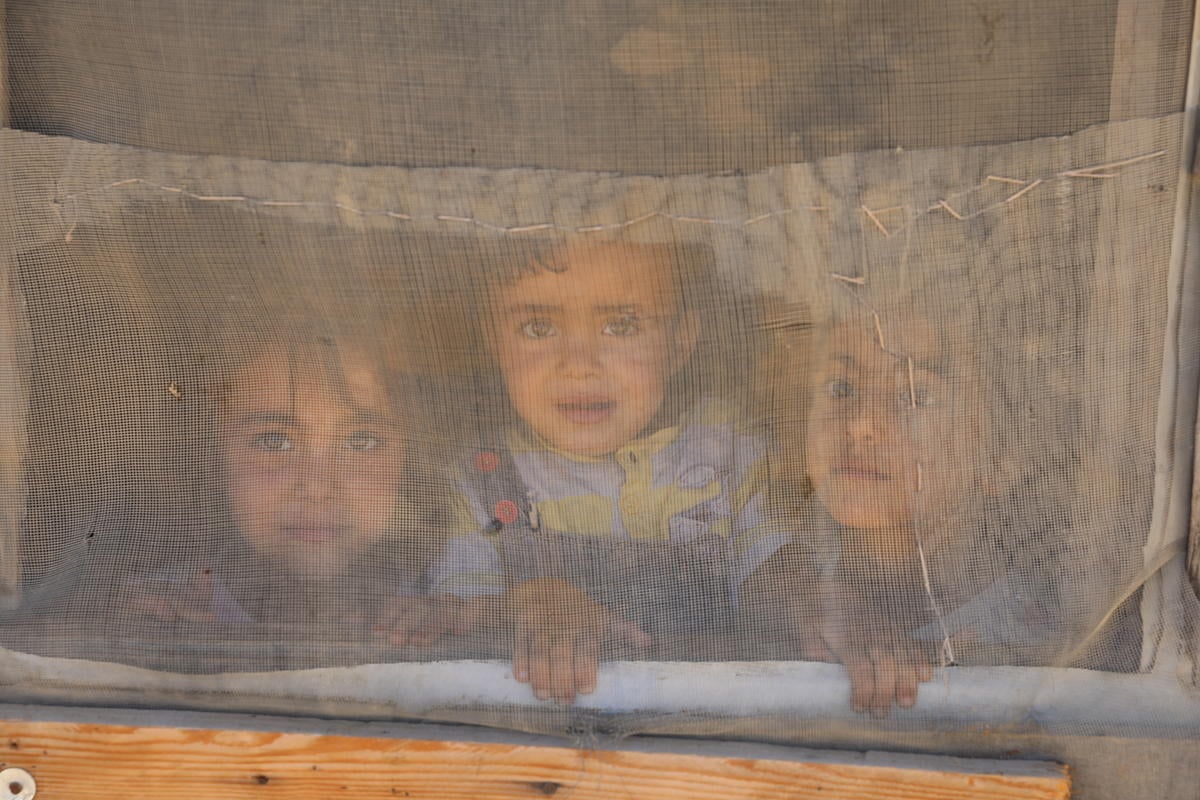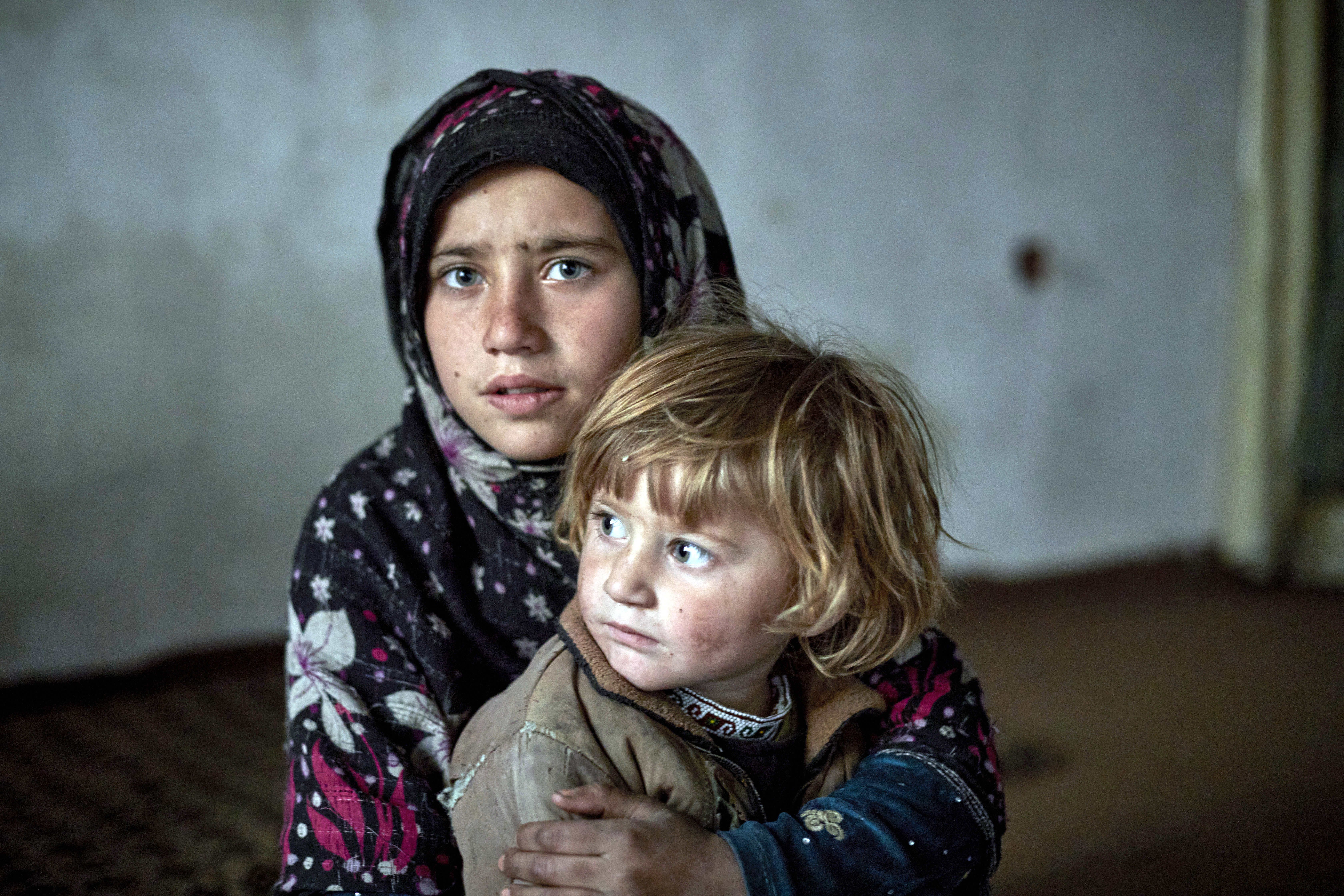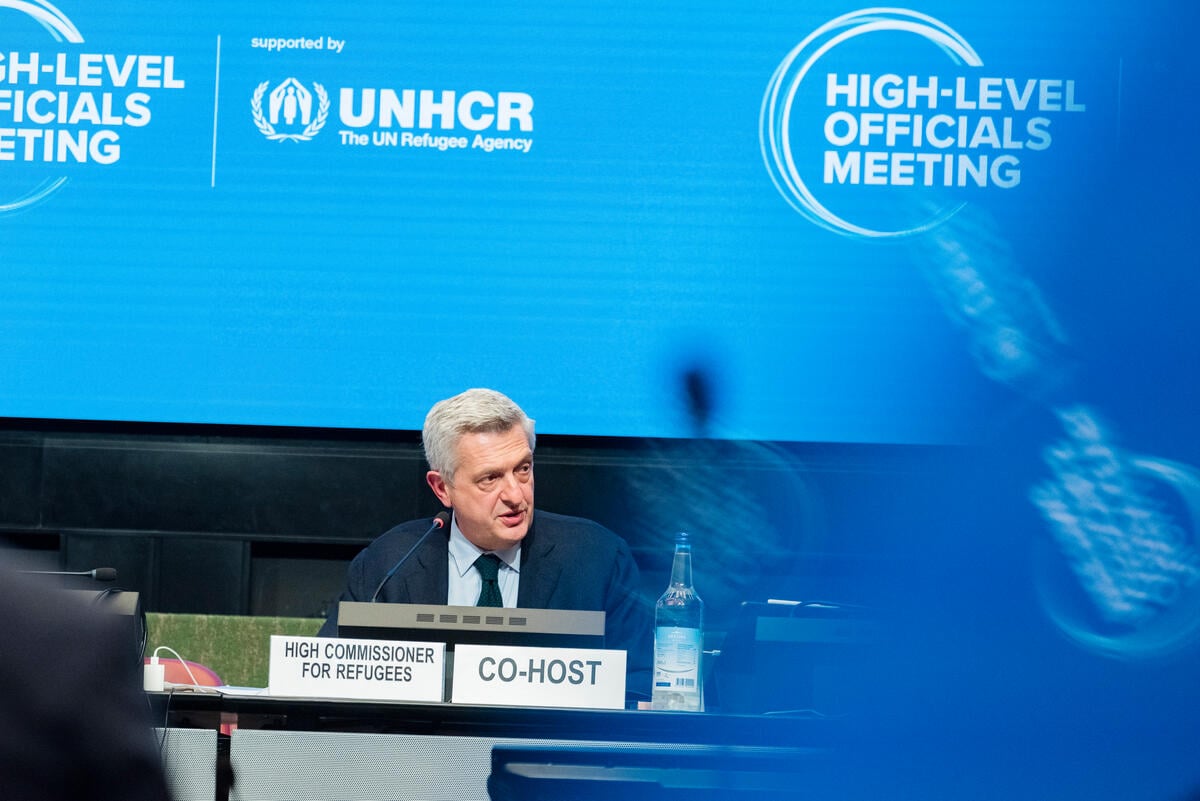Iraqi refugee family traverses half the globe seeking a new home
Iraqi refugee family traverses half the globe seeking a new home
CISARUA, Indonesia, December 27 (UNHCR) - Adrift in Indonesia at the age of 36, Iraqi Hassan Jaber El Badri has been a refugee since he was an infant. After a circuitous, dangerous trip at the hands of people smugglers, Hassan and his family are finally safe, but frustrated that four years here in West Java have apparently brought them no closer to a permanent home.
"Most of our friends have left," laments Hana, Hassan's wife. "They are now living happily in Canada, Australia, Norway and other countries, while we remain here, living in uncertainty and continue to wait. When will it be our turn to live in a place that we can call home?"
In an effort to find them a permanent home where they will be safe, UNHCR has asked several countries to consider accepting Hassan's family for resettlement.
"While Indonesia is very generous in allowing asylum seekers and refugees to stay here temporarily, the country does not so far permit integration," said Robert Ashe, UNHCR's regional representative in Jakarta. "For that reason, we submit cases like Hassan's family to third countries for resettlement."
What is clear is that, apart from the difficult security situation in his homeland, Hassan would find it very difficult to go back to Iraq. At the age of two, Hassan was taken by his mother and brother to Iran, to join his father, who had fled the oppressive Iraqi regime of Saddam Hussein.
After growing up in exile, marrying another exiled Iraqi in Iran and having three daughters, Hassan tired of his illegal existence. "There was no sense of normality in Iran," he recalled. "We could not work and our children could not go to school."
"We wanted to go to Australia to start a new and better life there like my friend, who was already living in Australia," Hassan said.
In October 2001, Hassan and his family left Iran, flew to Malaysia and took a boat to Medan, Indonesia, from where they had been told they could catch a smuggler's boat to Australia. In a Medan hotel, he handed over US$1,400 for passage for his wife and himself; the three girls travelled free. At the hotel, he was astonished to find hundreds of other families from Iraq, Iran and Afghanistan - all seeking a better life in Australia.
Packed into a boat with hundreds of other people, Hassan and his family sailed for seven days before their vessel was intercepted by the Australian authorities and turned back to Indonesia.
But worse was to come. "The ship on which we sailed back to Indonesia crashed into coral reefs surrounding a remote island in Indonesia," he said. "The three people representing the broker who were supposed to accompany us suddenly just vanished into thin air."
"We almost died of starvation because there was no food, and all my daughters were sick," added Hana.
The passengers walked along the beach until they met some local people, who brought them to a mosque where they were allowed to stay for the night. Later, the International Organization for Migration put them up in a hotel in Lombok, where they were interviewed by the UN refugee agency a year later.
Now that they have refugee status, UNHCR is looking for a resettlement country to accept them. Their dream country, Australia, has rejected them once, but is now taking a second look.
As a humanitarian gesture, "Australia has recently indicated a willingness to review refugee cases such as Hassan's," said UNHCR's Ashe. "He still has the possibility of being accepted by Australia, but there are no guarantees. The decision is entirely up to the Australian government."
In the meantime, the family is finding life in limbo difficult. Hassan's eldest daughter often weeps and asks her parents:"When can we live like other people who have better lives, who can gather together with their families?"
Hassan tries to comfort his children. "Of course it is difficult to be a refugee, but I am sure that, one day, one of the countries will eventually accept us." And they are trying to make the best of their life in Indonesia, socialising with Indonesian friends and speaking Bahasa Indonesia fluently.
Their daughters, now aged 14, 12 and 8, study at the local school and take courses - English, Arabic and computers - at the local refugee centre. His wife teaches knitting and sewing to other refugees there, and Hassan teaches them computer skills.
"Because returning to Iraq or Iran is not an option, and continued stay in Indonesia is impossible, we continue to seek resettlement in a third country as the best way to protect Hassan and his family," says Ashe.
"By finding solutions for such cases in other countries, we are able to encourage Indonesia to continue its tolerant approach in allowing asylum seekers and refugees to stay here on a temporary basis."
By Anita Restu in Cisarua, Indonesia









